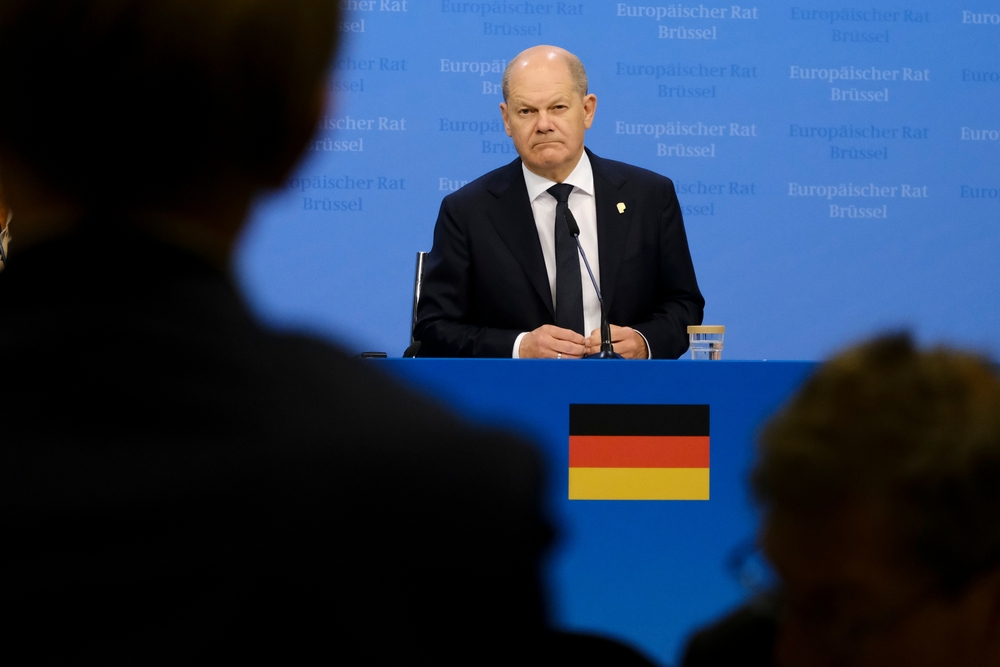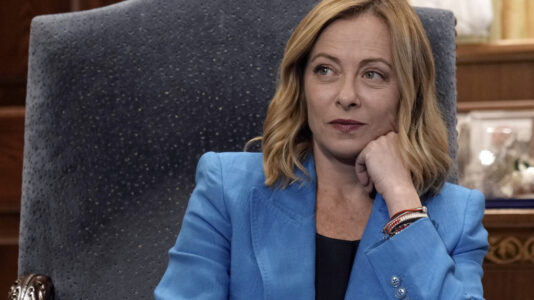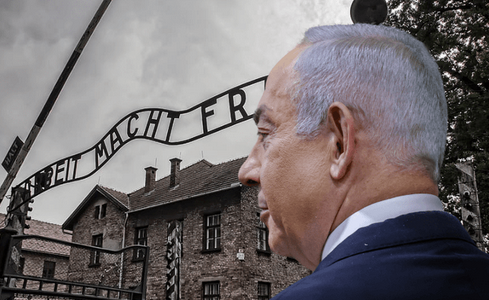Germany’s federal government is reportedly embroiled in a behind-the-scenes dispute over plans to deliver an additional €3 billion in arms to Ukraine, according to German news outlet Der Spiegel.
It reported late on Thursday that Foreign Minister Annalena Baerbock and Defense Minister Boris Pistorius are pushing for the emergency funding ahead of the Feb. 23 federal election, but Chancellor Olaf Scholz has opposed the proposal over fears of further alienating disillusioned voters ahead of the vote.
Baerbock and Pistorius began assembling the aid package in November 2024, after the coalition government dissolved. Their proposal includes three Iris-T anti-aircraft batteries with ammunition, Patriot guided missiles, wheeled howitzers, and artillery shells, in response to Ukraine’s escalating military needs amid Russia’s intensified offensive and key territorial losses.
While Baerbock and Pistorius are understood to be eager to push through the funding, particularly ahead of U.S. President-elect Donald Trump’s inauguration amid concerns over the U.S.’ appetite to continue its support, the Chancellery believes there is no immediate need for additional aid.
According to Der Spiegel, Scholz noted that Germany’s 2025 provisional budget already allocated €4 billion for Ukraine’s military aid and Kyiv has access to a $50 billion loan pool provided by G7 nations, backed by frozen Russian state assets.
Scholz’s Social Democratic Party (SPD) has plummeted in the polls and is currently on course to attain 14 percent in the federal elections next month — down from 26 percent at the last vote. While his resistance may be an attempt to mitigate the losses, a frustrated Green Party — to which Foreign Minister Annalena Baerbock belongs — is attempting to push through the funding to shore up its own core voters by demonstrating its unwavering commitment to Ukraine.
The political landscape is further complicated by the breakup of the ruling coalition which triggered the snap election. The SPD and the Greens are now governing with a parliamentary majority, meaning efforts are needed to garner support from the Christian Democratic Union (CDU) and the Free Democratic Party (FDP). The former is currently predicted to become the largest party in the Bundestag next month and is unlikely to throw the current government a bone, while the latter recently resigned from the government and is also lacking the political appetite to cooperate.
In October last year, Remix News reported that a majority of German voters want an end to the conflict that has plagued Europe and led to economic hardship through inflated energy prices and significant Western financial and military assistance to Kyiv.
A YouGov poll from the time showed that 59 percent of Germans supported resuming direct communication between Chancellor Scholz and Russian President Vladimir Putin, hoping to advance peace negotiations.
The German view is reflected across much of Europe, and even among citizens in Ukraine’s most fervent allies. Last month, a new survey out of the Polish CBOS showed that some 55 percent of the Polish population now supports ending the war in Ukraine, even if it means Kyiv loses territory to Moscow.






